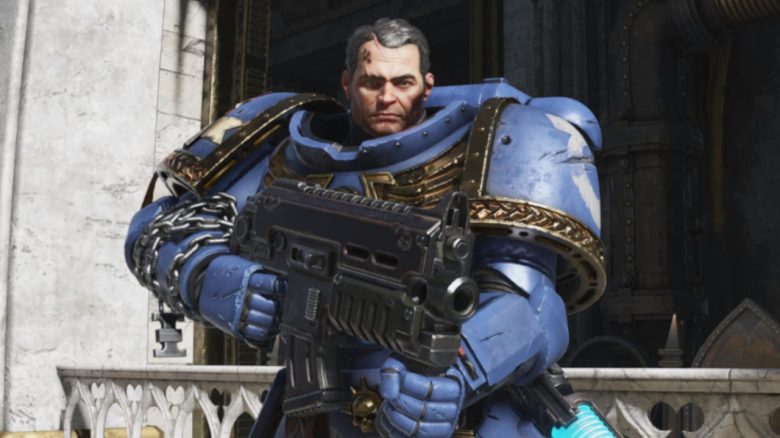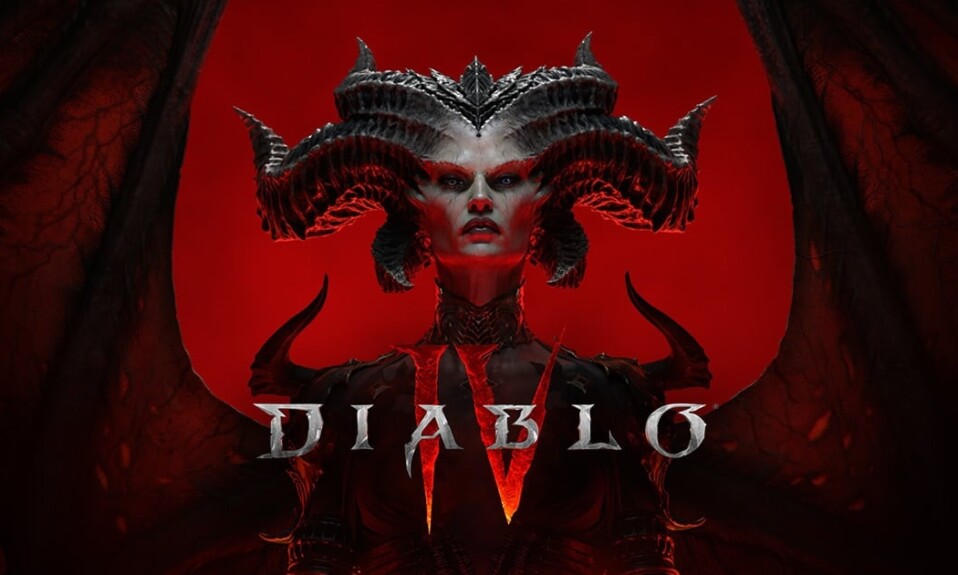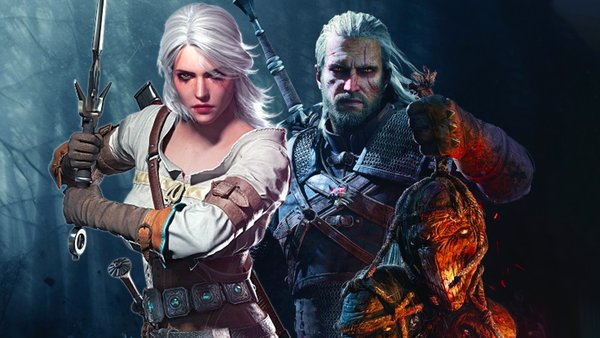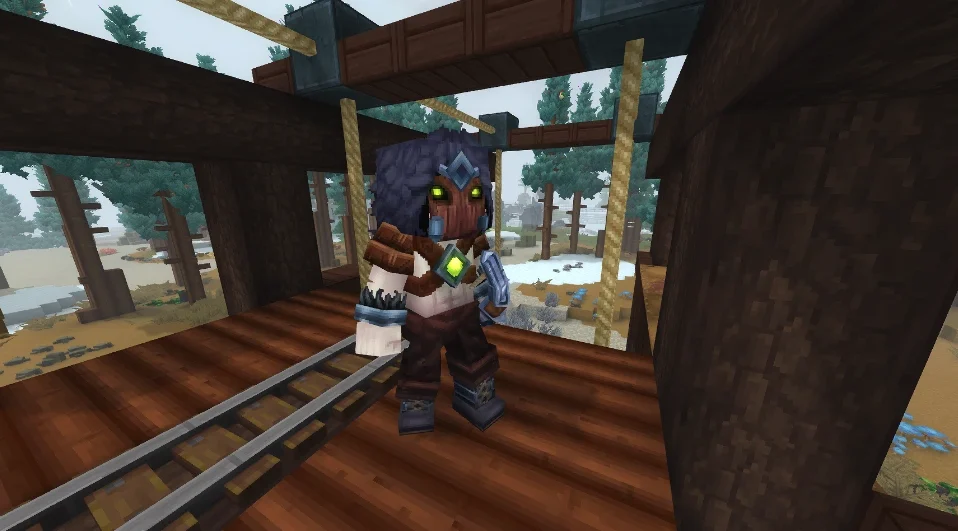Table of Contents
TL;DR
- 🕹️ Ubisoft, a famous gaming company, has apologized to its Japanese audience for the perceived inaccuracies in their upcoming release, Assassins Creed Shadows. Specifically, controversy arose from depicting the historical figure Yasuke from Feudal Japan. 🗾 🎮
- 😠 Fans expressed dissatisfaction with Ubisoft’s creative choices regarding portraying Feudal Japanese culture and history. Ubisoft’s apology emphasized its commitment to brand integrity and fan loyalty. 👥
- 📚 The debate continues over historical accuracy vs. creative liberty in the gaming industry. Fans compared Assassin’s Creed Shadows to another game – Ghost of Tsushima, spotlighting gaming studios’ responsibility to portray different cultures accurately. 🌎
- 🚩 Ubisoft also addressed the unintentional use of a Japanese reenactment group banner in its promotional art for Assassins Creed Shadows and apologized, acknowledging the concerns raised in the Japanese community. 💼
Ubisoft’s Official Apology over Historical Discrepancy in Assassin’s Creed Shadows
Ubisoft, a renowned gaming giant, has formally apologized to their significant Japanese fanbase due to perceived inaccuracies and inconsistencies in their upcoming release, Assassins Creed Shadows. The Assassin’s Creed franchise is renowned for its compelling storytelling, often weaving historical events and figures into its narratives. On this occasion, using the influential personality Yasuke, a historical figure from Feudal Japan seems to have stirred controversy among fans, especially within Japan.
Fans’ Concerns and Ubisoft’s Approach
The controversy follows fan discontent around Ubisoft’s creative decisions relating to Assassin’s Creed Shadows’ and its depiction of Feudal Japan. Japanese players have pointed out the perceived lack of authenticity in its representation of their culture and history. To maintain brand integrity and fan loyalty, Ubisoft released an apology statement. A significant issue that seems to trouble Japanese fans surrounds the character of Yasuke, who was, historically, of African descent but served under Oda Nobunaga, a famous Japanese daimyo. Ubisoft has reassured fans that it has respectfully woven Yasuke’s history into the game’s narrative; however, these declarations have sparked a debate about historical accuracy versus creative liberty in the gaming industry.
Ghost of Tsushima vs. Assassin’s Creed Shadows
Notably, fans pointed out that Ghost of Tsushima, another game developed by a Western studio and set in Feudal Japan, did not face such cultural representation issues. However, Ubisoft’s unique stand lies in the fact that it prides itself on recreating historical fiction. Hence, it often includes a disclaimer at the start of its games, emphasizing that the narrative is loosely based on actual events. Though deviations from history may not be new in the gaming industry, the stark contrast between fan reactions to Ghost of Tsushima versus Assassin’s Creed Shadows highlights the importance of considerate cultural representation, placing greater responsibility on global gaming studios to extensively research and accurately portray cultures different from their own.
Ubisoft’s Promotional Mishap and Ensuing Apology
In the official apology, Ubisoft also addressed the accidental use of a Japanese reenactment group banner in its promotional concept art for Assassins Creed Shadows. The gaming studio expressed concern that elements in their promotional resources had incited alarm within the Japanese community and sincerely apologized. One can only anticipate Ubisoft’s future efforts to rectify these issues as it strives to uphold its dedication and passion reflected in the game.
What are your thoughts on Ubisoft’s depiction of Feudal Japan and its handling of the controversy?
Image Source: staticctf.ubisoft.com









